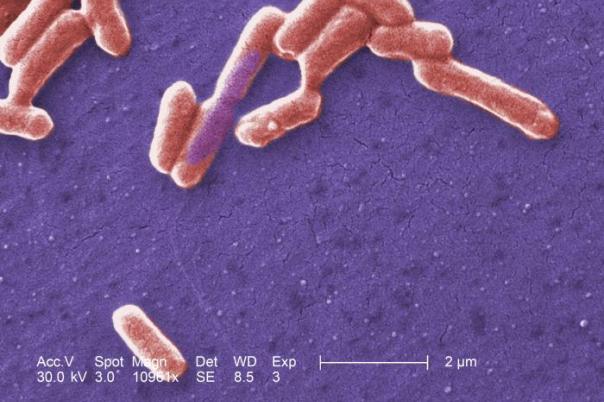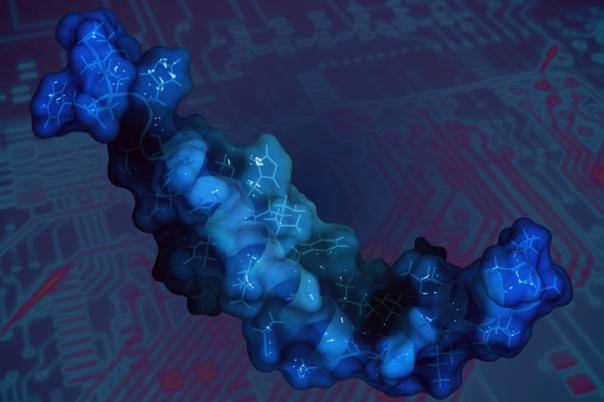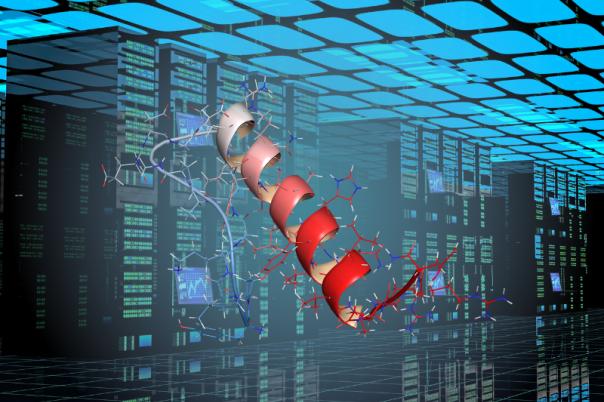Walter Cabri, Professor at the University of Bologna highlighted green tactics that have advanced sustainable peptide chemistry. The core focus was on binary solvents, deprotection strategies and new coupling reagents. By increasing the atom economy, one lowers material cost and reduces carbocations generation.
Cabri’s principal objective is to eliminate the protective groups on arginine and histidine since protection groups can react with amino acids in a product. However, for some amino acids, it is essential to have a protective group. In cases where a protective group is needed, Cabri stressed that it is important to limit the generation of carbocations in the protection steps. He stated: “At the end of the process if you have less impurity, you can increase the yield and decrease the PMI of the downstream process.”
His team explored the use of oxyma as a coupling agent and its ability to block guanidinium reactivity. Overall, the oxyma prevented unwanted side reactions, improved yields of the final product, and produced the correct formation of the active ester. Vasopressin reactions also significantly reduced the formation of by-products and increased purity. Cabri explained that he has collaborated with other companies to optimise the Vasopressin reaction with the long-term hope of making peptide manufacturing more sustainable.
Alongside traditional synthesis, Cabri is exploring enzymatic peptide coupling and industrial applications. He proposed that transamidation and developing mutants are the two routes to enhancing coupling efficiency. In collaboration with Fresenius Kabi, Cabri’s team used 2,500 different mutants for peptide coupling. The industrial applications included the production of molecules such as liraglutide, semaglutide, and salmon calcitonin. The chemoenzymatic processes used to produce these molecules reduce the environmental impact of production because the method facilitates peptide assembly in water without protective groups.
Additionally, Cabri is looking into the potential of T3P as a coupling agent in liquid phase peptide synthesis. The aim is to examine novel approaches to making thiopeptide synthesis greener. Cabri has proven that his contributions to the field continue to positively shape the peptide manufacturing space by making it more cost-effective and environmentally friendly.






